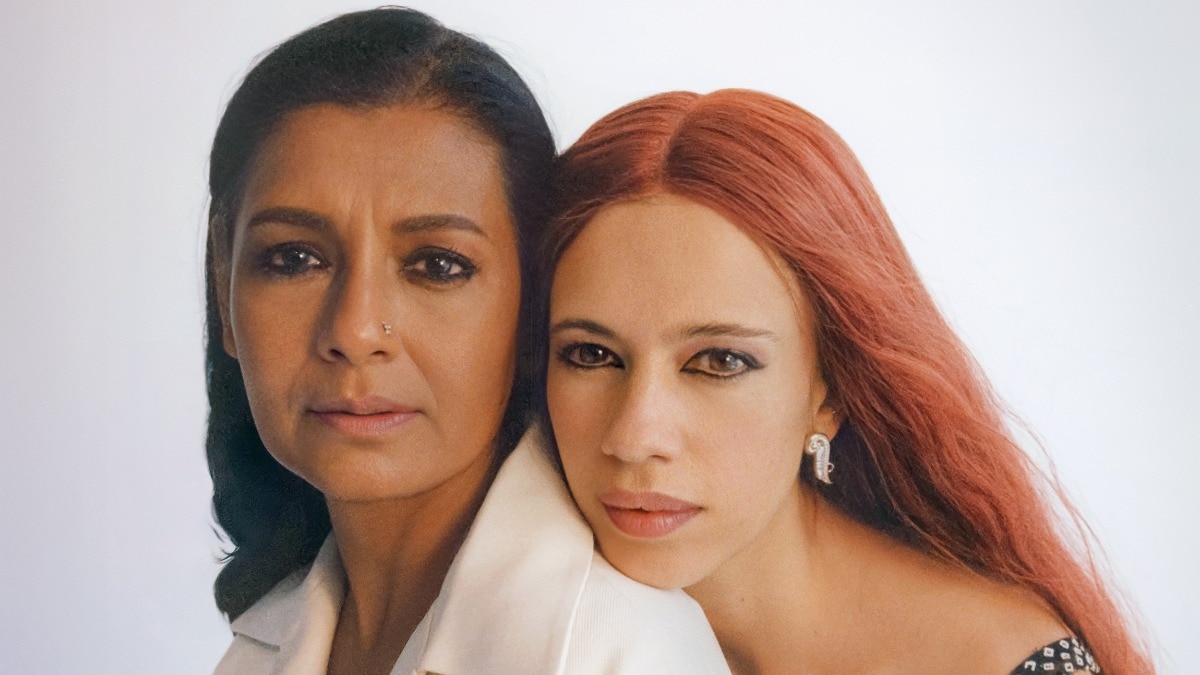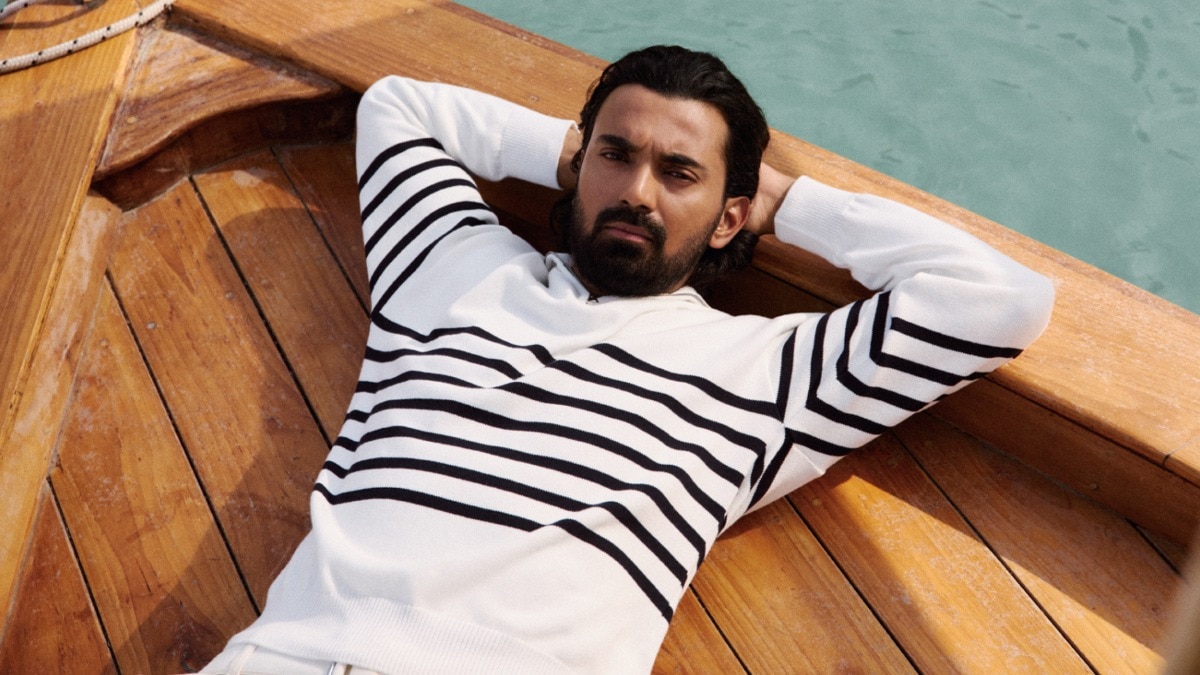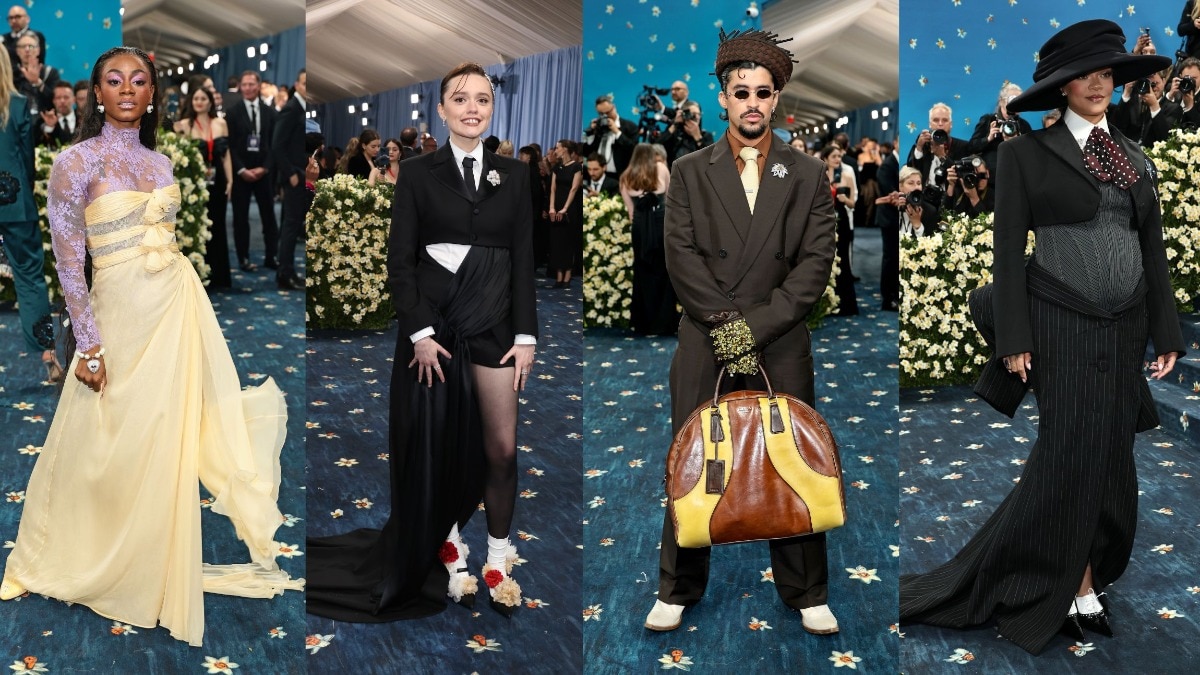Rising to the rhythm with Dee MC
She's a ball of energy on stage and a revolutionary rapper with her own brand of feminism. Meet India's first female rapper with small-town roots and global aspirations.


We caught a glimpse of her in Zoya Akhtar’s Gully Boy (2019), where she shares the screen with actor Ranveer Singh and male rappers as they out-rap each other. Dee MC aka Deepa Unnikrishnan is one of India’s few female rappers, pouring out her angst in both English and Hindi. Inspired by hip hop artists like Nicki Minaj, Mos Def, Jay Z, Mike Shinoda, Lil Wayne, Jhene Aiko, Dej Loaf, and Crooked, her aim is to blend poetic rap with soft jazz.
Growing up in the small township of Lokgram, in Kalyan near Mumbai, with her sister and mother—Dee’s father was away working in Saudi Arabia for 25 years—she had big dreams ever since she was young. Dee would listen to Western pop music regularly and was able to memorise rap songs with ease. “In college, dance became my primary connection to hip hop,” she tells Bazaar India. But it was when she uploaded a cover version of a Nicki Minaj song in 2012 that she caught the attention of the underground hip hop community from the Kalyan-Dombivili area, who then introduced her to the rapper community via Facebook. “I was studying to be a chartered accountant at the time, and my life changed overnight,” she says. Soon, she began singing jingles and doing voice overs, while juggling her job as a content writer alongside—she has also been the editor of DesiHipHop.com. In 2017, Dee MC went for her first tour to the UK, and since then, she has performed in Belgium, Canada, and the US.

Being a female rapper in an industry populated by men hasn’t been easy, but Dee enjoys “taking the path less-travelled by women in the country, so that it gives me a shot at becoming one in a billion”. “Hip hop has helped me become one of the most empowered women in India...it gave me the space to create an identity that is truly unique.”
Dee feels a certain sense of responsibility about educating her audience regarding feminism and mental health through her music. “Since 2020, my music has tackled femininity and accepting one’s vulnerability. I want to shatter the stereotype that hip hop is masculine, or that expressing your emotions makes you weak.”
For her stage persona, Dee is often seen in braids, wearing pantsuits or baggy tees and jeans—she’s a live wire, moving gracefully to the rhythm of the music, lending her own touch to her rap routines. “My journey as an artist began when I was five-years-old, stepping onto stage performing Bharatanatyam,” she recollects. “Rap is rhythm and poetry, and hip hop was easy to grasp due to my classical training.” Her smartphone is full of ideas as Dee writes her lyrics via digital notes. “I can finish writing and recording a track within an hour if I need to, but I like to push my own boundaries of songwriting.”
Happiness, for Dee, is about being independent and being of service to others. “Every step I take towards growing as an individual gives me so much joy. And every step we take as a community to help each other and grow together gives me a lot of hope in humanity.” Dee is trying her best not to let the agony of the past or the anticipation of the future engulf her, and she derives inspiration from nature and people that are closest to her. “I’m an introverted extrovert. I need to take time off to realign myself, in nature. And I find the energy of my cats very healing.
Image credits: Styling by Nandini Bhalla and James Lalthanzuala, photographs by Dolly Devi










